Bailey: Importance of Listening to Your Body

This is Bailey's Story
Anxiety has become a popular term in modern-day society. We use it when we’re stressed or nervous, and we see people talk about it online often. The branch of anxiety most often discussed is social anxiety, which is characterized as a fear of being judged or rejected in a social situation. Because of this, I would never in a million years imagined that what I had was anxiety. In high school I was one of those students who worked non-stop, whether it was the higher-level classes I was taking, the musical, the sports teams or the clubs and activities. At the end of the day I would feel exhausted, but on top of the world. I was occupied, I was getting exercise, I was socializing, I was learning and I was improving myself in every way.

In the twelfth grade this non-stop work reached a peak: my courses were harder, university applications and scholarships were due, I was head of many clubs, including co-president of Student Council, and started a school newspaper. I was one of the kids that people would tell to slow down, to drop some unnecessary activities before I burn out completely. I brushed off these comments, because I knew that when I had too much free time, I would get depressed and experience negative existential thoughts. The only way to protect myself from this mental state was to keep my mind and body as occupied as possible. This gave me the feeling that I was constantly running from something, but I didn’t see it as a bad thing, since it was forcing me to achieve high levels of success.
After I graduated, I had two weeks of “freedom” before I started my summer job. I made myself lists of chores I had to do every day to try to keep myself occupied. It didn’t work. During those weeks I was constantly feeling down and like nothing I did had any meaning. I was prone to big mood swings, and would break out into tears not only at home but in public or in front of my friends. I felt like everything I had worked for over the past 3 years, including my friends, had disappeared in the blink of an eye, though it wasn’t true at all.
Once I started my summer job, I was busy once again and felt much better. However, I was still terrified of letting my mind and body relax. Finally, at the end of the summer before going to university, I booked an appointment with a therapist. She helped show me that being able to relax is just as important as all my other activities, and that keeping myself occupied wasn’t a permanent solution. After gaining a new perspective on my feelings, I became much more capable of recognizing anxious thoughts and questioning them. Now, in university, I am only a part of a couple clubs, I am focusing on my studies, and I am no longer scared of all the free time breaks such as reading week will bring, because I am aware of my anxiety and have tools to control it.
It is important to know that any “type” of person can be suffering from a mental illness, even the ones who seem like they have a perfect life. In high school, I was getting rewarded for my non-stop work through scholarships and awards. It’s funny to me that the driving force behind why I was doing so well was my anxiety. What I learned through all this is that even if the whole world is telling you that you’re doing great, what’s most important is how you feel about yourself.
- Bailey Chisholm

Don't see what you're looking for? Send us an email!
©Copyright 2024 Cam’s Kids powered by Kids Help Phone
Not-for-Profit Organization. B/N: 921508-5
Thanks for visiting Cam's Kids. Please remember...
Cam's Kids is not a service provider.
If you are in crisis, please call 911 or go to your nearest emergency department. For free, confidential counselling, contact Good2Talk or Kids Help Phone.
Post-secondary students: find your local crisis resource here.





